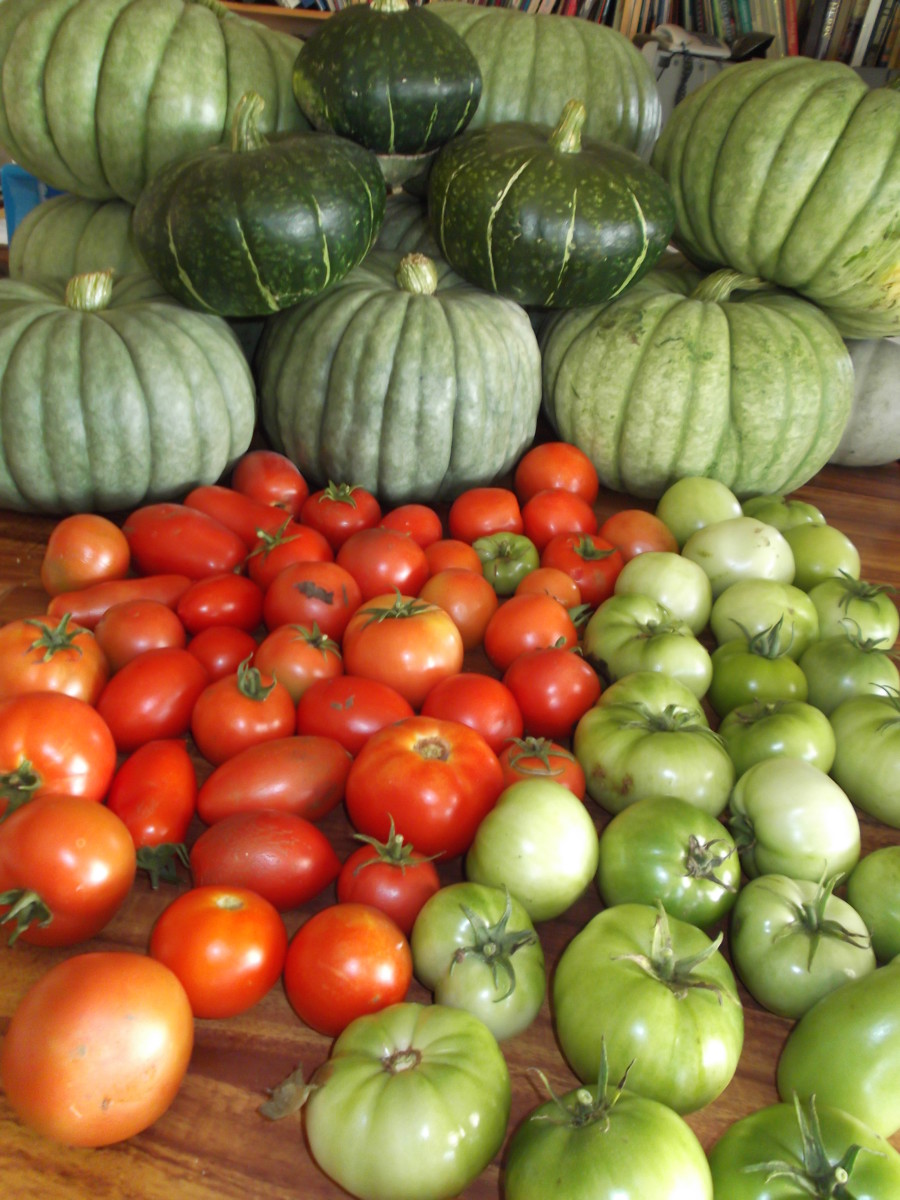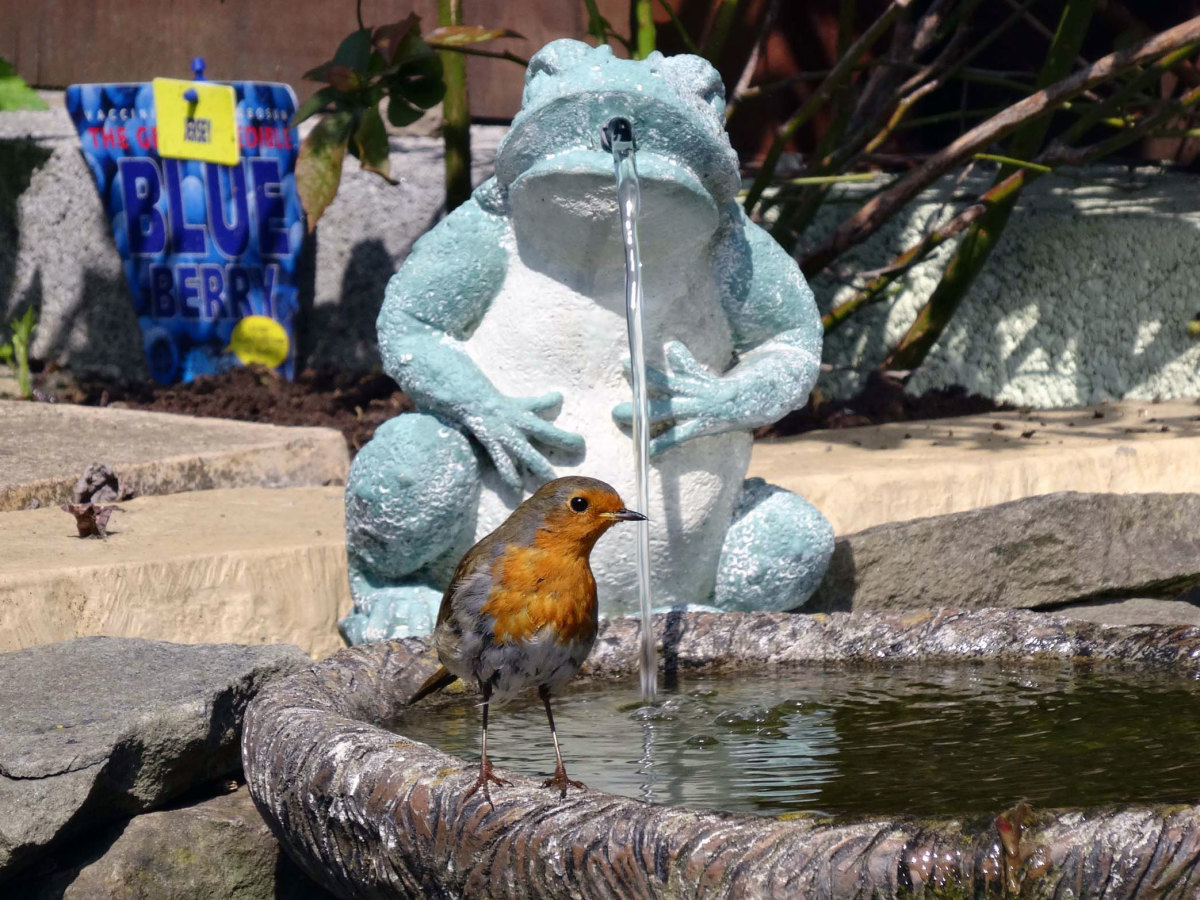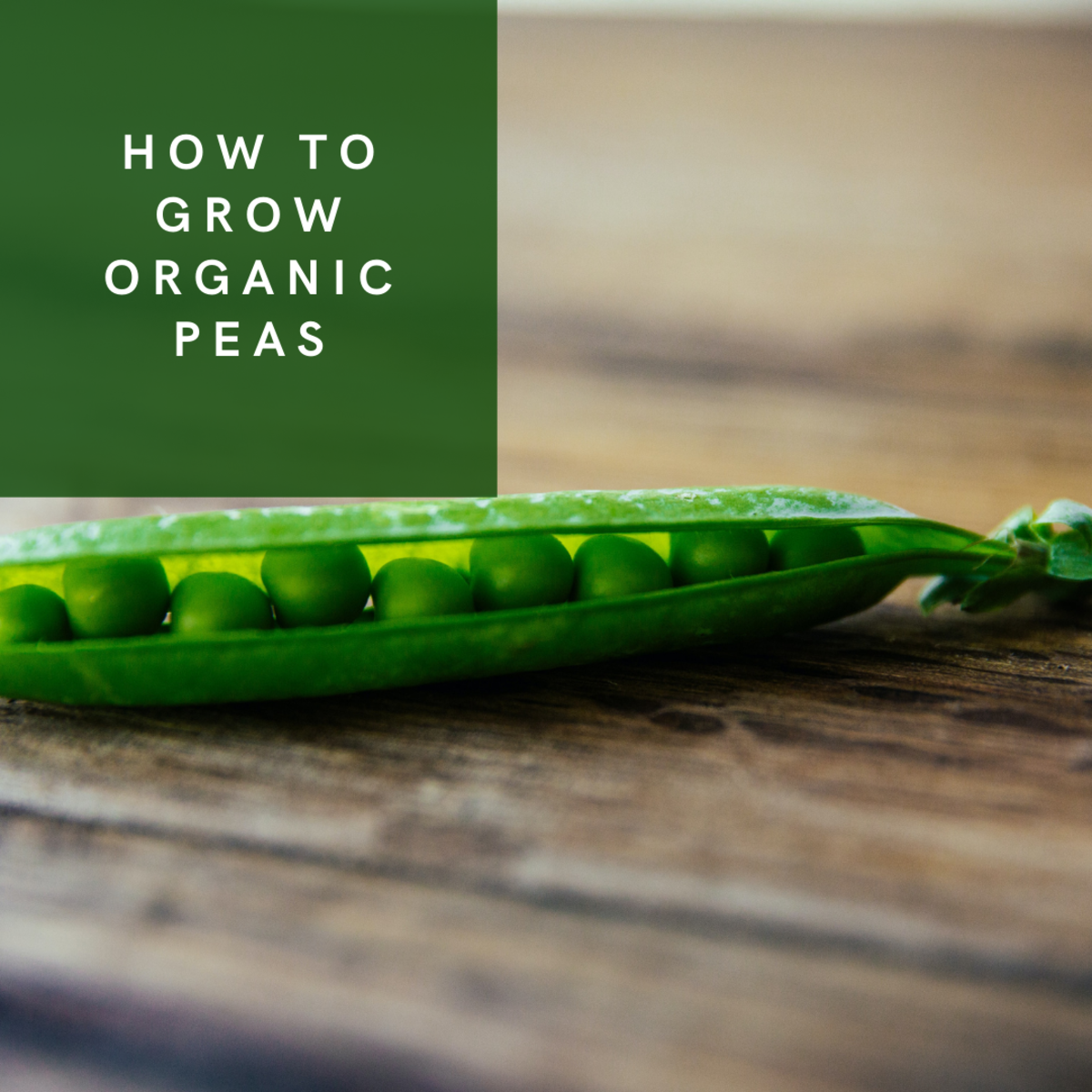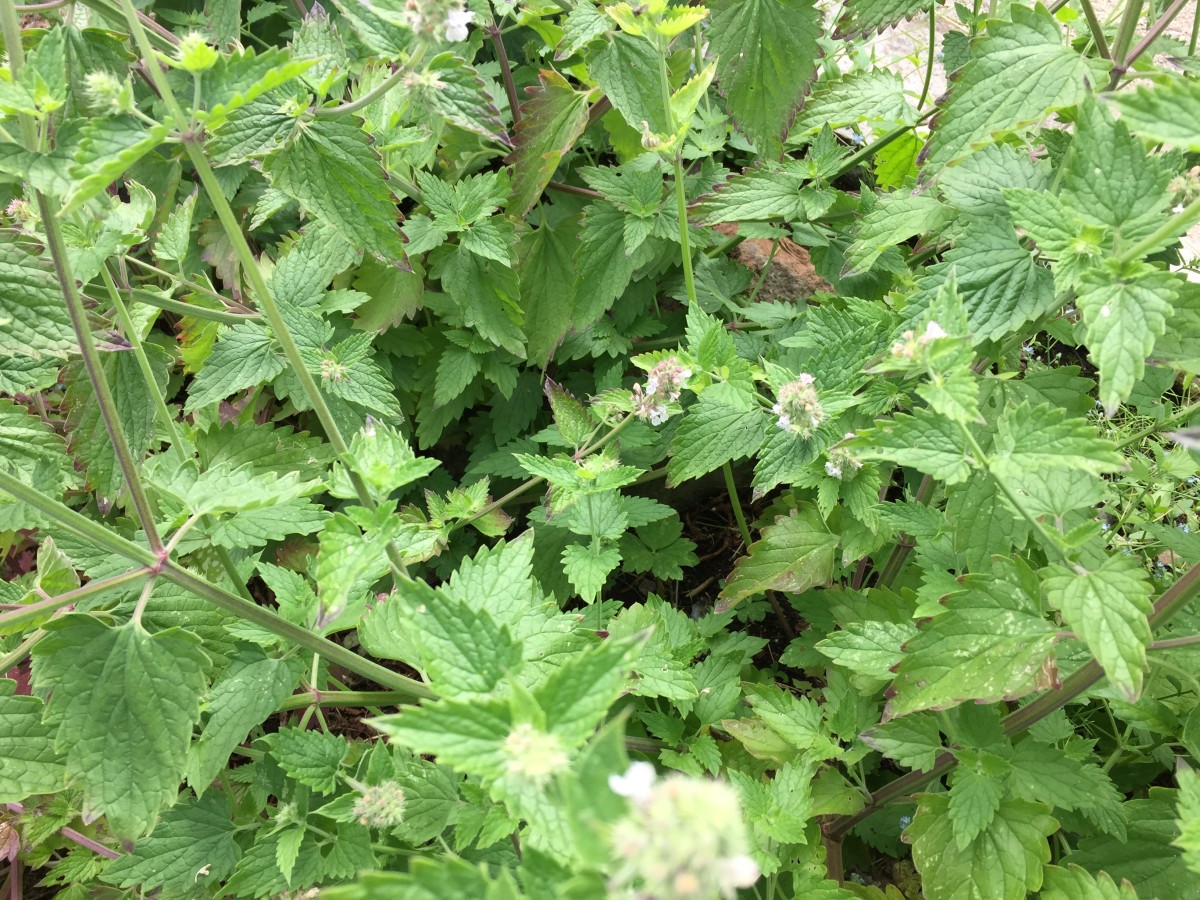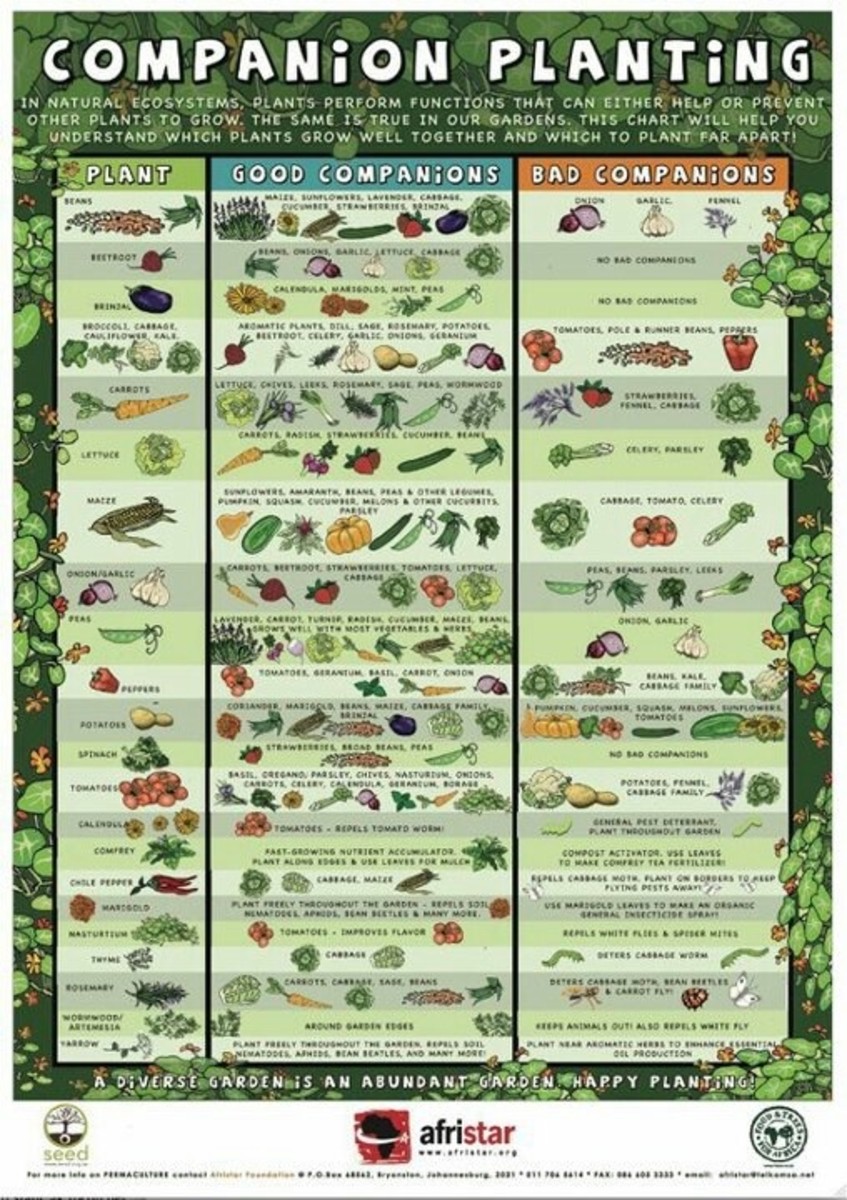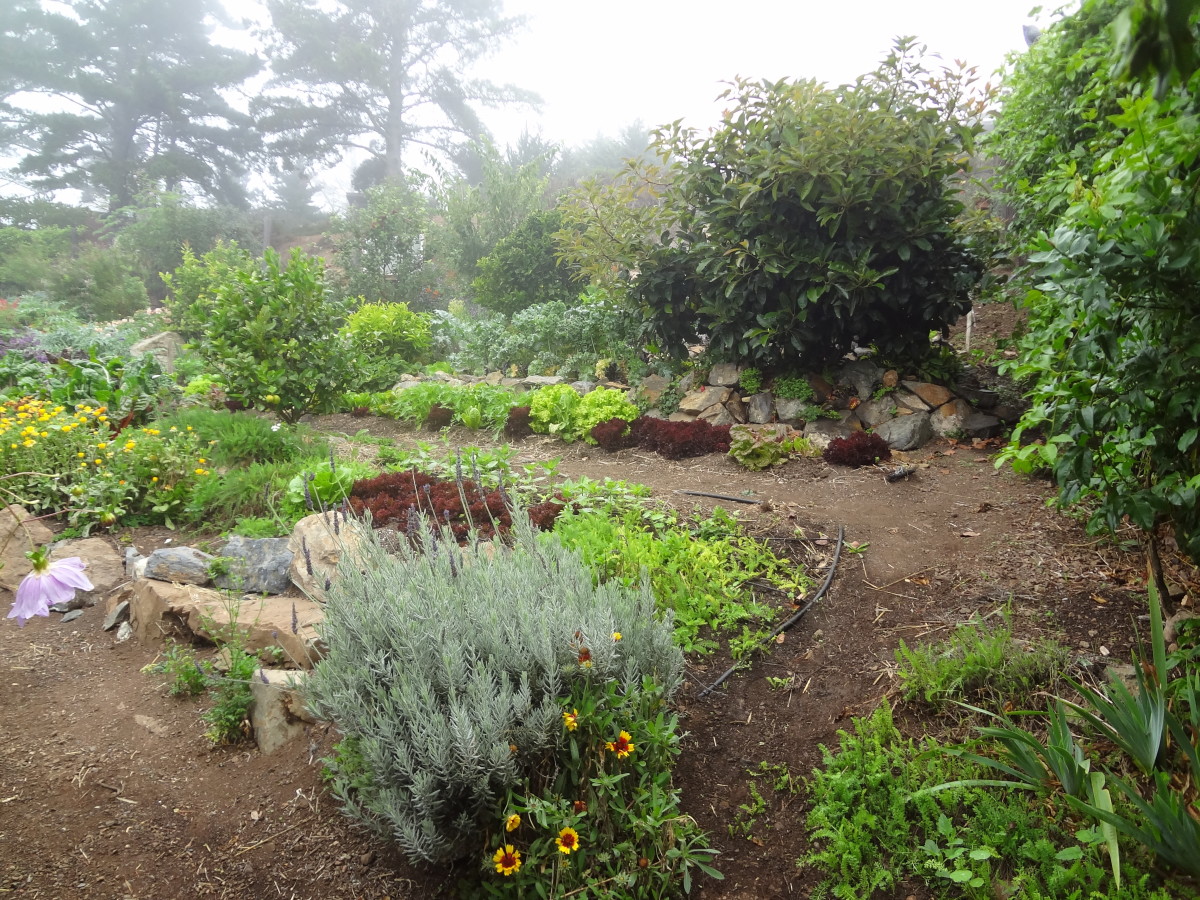Why Should You Have a Garden?
“A garden is a grand teacher. It teaches patience and careful watchfulness; it teaches industry and thrift; above all it teaches entire trust.”- says Gertrude Jekyll. Surely, it does. Seeing tiny saplings grow into plants and filling the brown patch around the house with a blanket of green not only elates the heart but also pleases the eyes. Modern lifestyle does not give enough scope to practice gardening as a hobby. The reasons are quite a few, viz. space constraints in apartment style living, lack of time, and high levels of pollution not congenial for the growth of plants. But no matter what, gardening in some shapes and forms may be practiced by all homeowners. And remember having a home vegetable garden does not go unrewarded. Let’s see why it is useful to have a garden.
Grow and eat healthy food
There goes an old English adage - “Heath is wealth”. And one thing that keeps you in good form is what you eat. Your diet could be rich in green and leafy vegetables as well as fruits, but you are getting most of them from a supermarket nearby. These are inorganic harvests that are produced in masses to meet the demand of the consumer market. Inorganic fertilizers and pesticides are used to augment their growth and to control molds and other pests that are destructive to crops. As a result the fruits and vegetables thus produced contain traces of pesticide in them. The long term effect of consuming them is yet to be known. The nutritional content of organic produces is higher than their inorganic counterparts. According to Prof Carlo Leifert of Newcastle University, there are "statistically significant, meaningful" differences between the two. In the organic variety the range of antioxidants is higher by 19% to 69%. The cadmium level in organic food is almost 50% lower than conventionally-grown ones. Indeed, it’s worth your pains to have a kitchen garden.

It is great stress-buster
It busts the stress that you build up due to hectic and mundane schedule of day-to-day life. Scientists have found that a microorganism in the soil plays a role in alleviating your mood and enhancing your productivity. A naturally-occurring soil bacterium called Mycobacterium vaccae has been found to have an anti-depressant effect. That is why you experience a sense of happiness when you spend your time in the greenery, picnicking or working in your garden. Depression is caused by a lower level of serotonin. Mycobacterium vaccae stimulates the production of serotonin in the body. Furthermore, those bacteria can increase cognitive function in cancer patient and protect children against asthma and allergies.
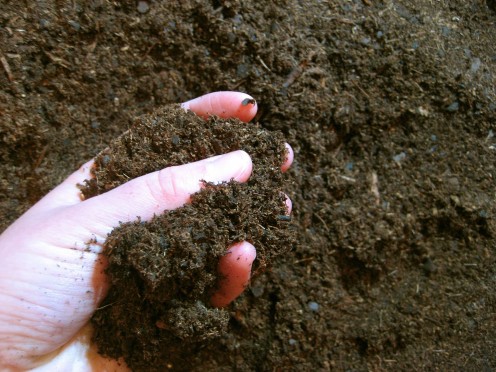
It is cost-effective
Well, buying organic produces from the market is choice that you can depend upon if you wanted to say ‘no’ to conventionally produced crops. But price of the organic produces is almost 10 to 100 percent higher than their inorganic friends. Growing your produces in the backyard would cost a pittance of what you will shell out for buying organic fruits and vegetables.
Believe it or not, having tees around the house can reduce your monthly power bills. They make your place shady and cool. You would not require running your fans and air conditioners often.
A great free-time activity
According to a Gallup poll conducted back in 1984, gardening secures the top rank as a leisure activity in American households. Eight out of 10 Americans, young or old are engaged in some form of gardening indoor or outdoor. As a free time activity it is more popular than biking, jogging, swimming, or tennis. A tranquil garden space is just what you need to decompress your mind.
Saves the planet
Most of our day-to-day activities result in emission of greenhouse gases such has using electricity, driving the car, disposing garbage etc. And you cannot do without these. Growing a patch of green around the house can be an initiative towards reducing carbon footprint. The conventionally produced fruits and vegetables that are available in stores are shipped for thousands of miles. It requires gallons of fuels for them to reach your kitchen counter. Moreover if you have allocated most of your yard space for gardening then you will have pretty less to mow. This will save gas too.
Saves bees
Gardening is also a possible solution to Colony Collapse Disorder that has resulted due to abrupt decline of bee population. Bees are vital for the economy. They are the top agents of pollination and are depended on for good production of crops. Colony Collapse Disorder is a sudden drop in hive population when the majority of worker bees in a colony disappear and leave behind a queen, a few nurse bees to take care of the babies, and plenty of food. The abandoned bees do not survive without them. There are quite a few factors that cause this such change in habitat, presence of pesticides in the plants etc. Planting flowering plants in the patio will invite more and more bees. There are some particular plant varieties that attract bees such as forget-me-nots, sunflower, roses, sweet pea, poppies honeysuckle etc.
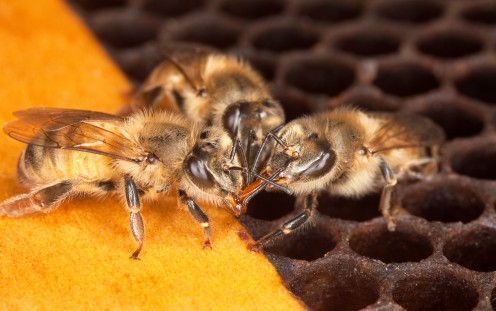
Increases perception
As you start gardening, you start to contribute to the environment. Surrounded by gadgets you tend to become deaf to the natural surrounding around us. With gardening you start taking note of every little bit of nature around you such as the soil, the grass, the weeds, the plants, the leaves and flowers, the earthworms, the showers, and the sunshine.
Gardening combats the Nature Deficit Disorder that is caused by multiplying means of electronic communication, shrinking open spaces, fading importance of the natural world in education etc. The phrase was introduced for the first time by Richard Louv in 2005. According scientists it can result in limited use of the senses, attention difficulties, conditions of obesity, and higher rates of emotional and physical illnesses.
Community building
The increasing influence of social media is affecting the community life of the good old days. Neighbourly talks and visits are no longer visible in residential localities of the town. Gardening can fledge the bond between people living in a community. As you come out of the house to spend sometime in the garden, you may find yourself engaged in chit-chat with the neighbor over the garden hedge. And gradually as you produce more vegetables then you actually consume, share some of it with your neighbours to delight them. Moreover being able to do something that will have a tangible result will boost your self-esteem.
Educative for kids
Gardening is a more efficient teacher than all books. Ask your kids to help you in the garden to teach them healthy habits. They will see tiny seeds and plants grow into trees before their eyes. They will be happy to eat fruits and vegetables that that they have grown themselves.
Summary
Gardening offers quite a few benefits. It allows you to grow and eat healthy produce, exercise your body, bust your stress, keep your senses and perception agile. It is good for the ecology and educative for the kids too. Planting garden plants on a brown patch around the house does not need you to draw long plans. You can start off right away. All you need are the garden tools, some seeds, and saplings to begin with. Yes, have patience along with that!
Let me know your preference
I love home garden if somebody does that for me
© 2017 Haimanti Roy

